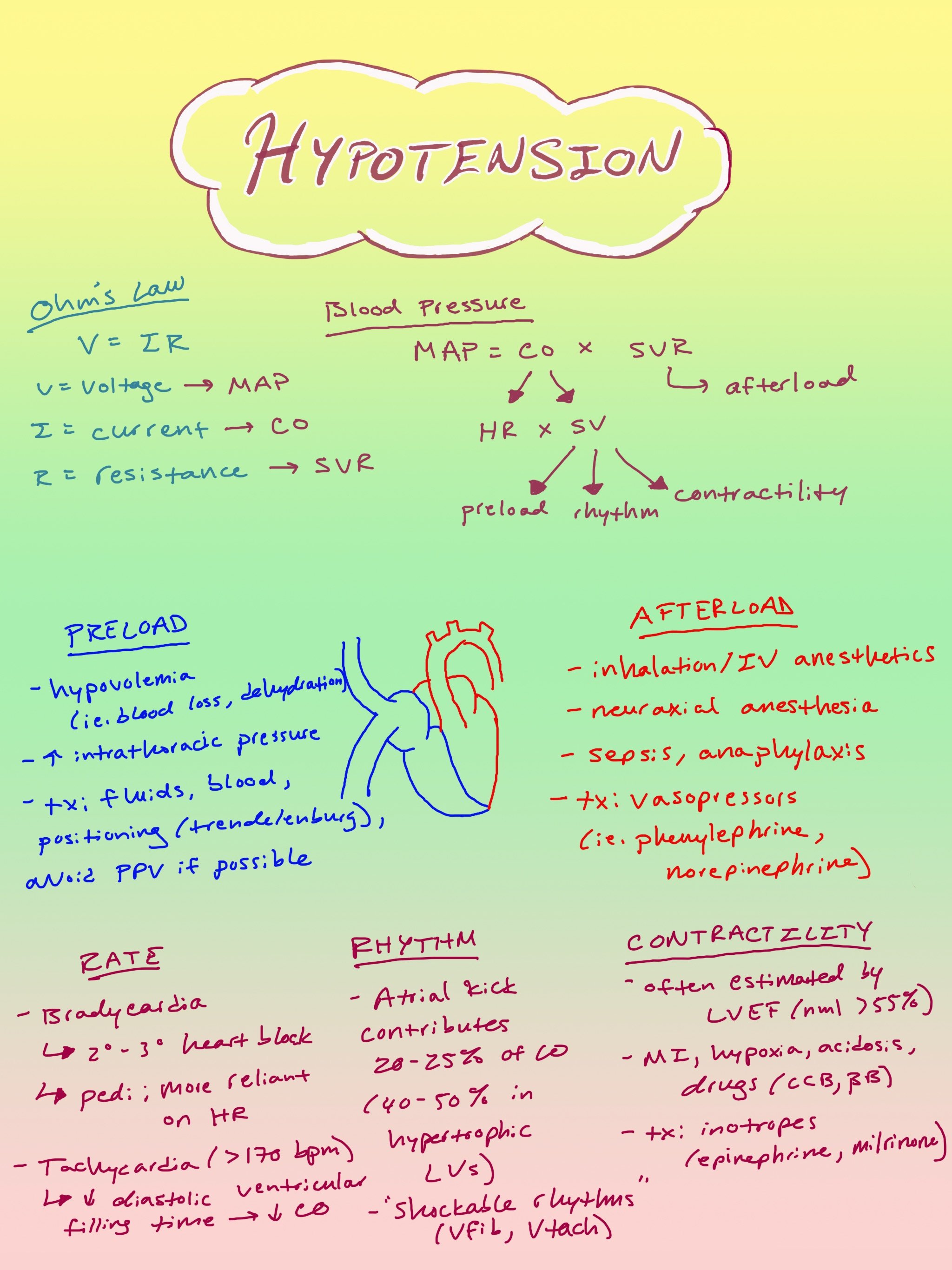Anesthesia Elective: Part I
What to expect during your anesthesia elective as a medical student
〰️
What to expect during your anesthesia elective as a medical student 〰️
You’re a medical student starting your 2-week anesthesia elective. You show up to your assigned OR at 6:45am and find me putting the finishing touches on setting up the OR.
We head to the pre-op area and meet our first patient. After introducing ourselves to the patient, I’ll take you through how to start an IV. As we head to the operating room, I grab the glidescope and talk you through how to intubate. Once you realize that you’re the one doing the intubation, you’re probably freaking out a little bit.
Once we’re in the operating room, I’ll show you how to attach the patient to our monitors. Then you’ll hold an oxygen mask over the patient’s face while I give them medicine to fall asleep. Once they’re asleep, I’ll have you place an oral airway and practice mask ventilating for about 2 to 4 minutes. After the paralytic has fully kicked in, I’ll have you insert the glidescope into the patient’s mouth, find the epiglottis, then the vocal cords, and finally put the endotracheal tube between them. BOOM! You’ve intubate a patient.
After the dust settles and the first incision is made, we’ll get to go on our morning break. I’ll grab you a coffee and snack because I know what it’s like to be a poor medical student who feels like they’re always in the way. Then we’ll hang out in the resident lounge to chat with each other or other residents who happen to be around.
Once we get back to the operating room, we’ll get into some teaching.
Hypotension is one of my favorite talks to give. Anesthesia training really gave me a great appreciation for managing hemodynamics and understanding that the cause of hypotension is key to deciding your treatment. My goal for you is to be able to rattle off the 5 causes of hypotension: preload, afterload, rate, rhythm, contractiliy.
If you’re a medical student reading this, PLEASE sign up for an anesthesia elective. You may know nothing about it and end up loving it (this happened to me!). At the very least, you will gain hands-on skills and the hours and people you work with will be super chill.

